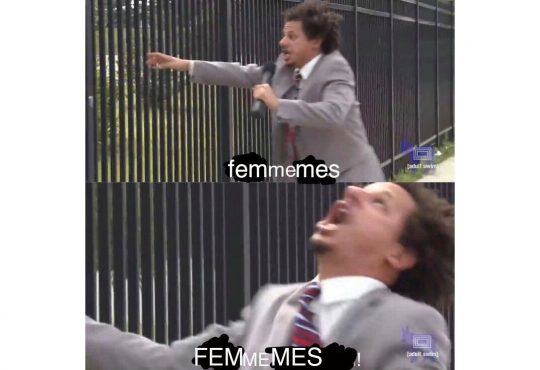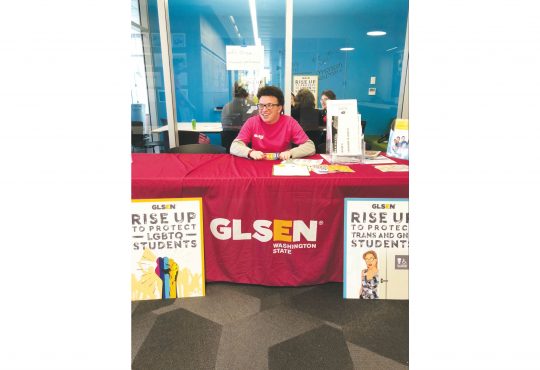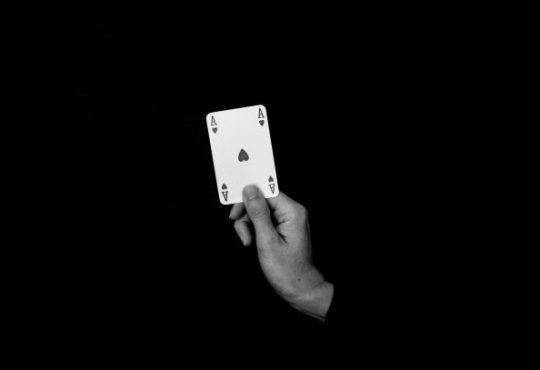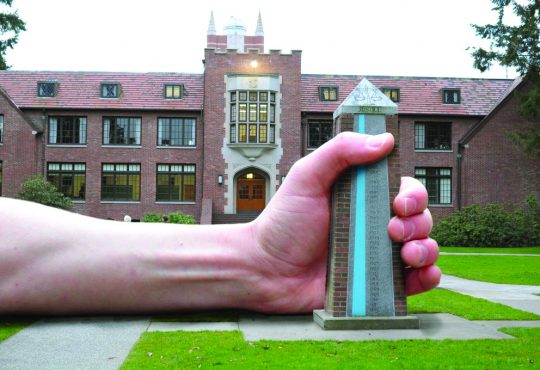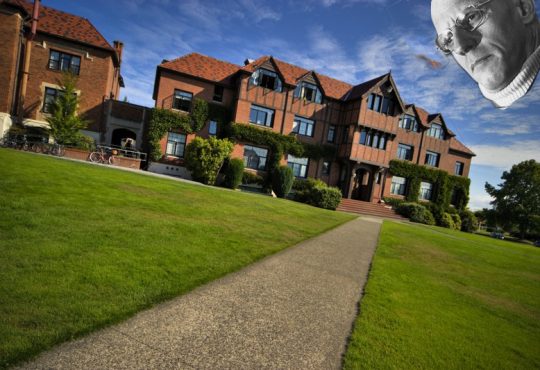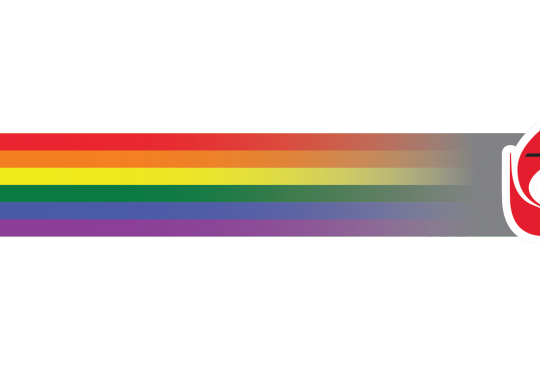Biphobia continues its sordid reign
Despite growing acceptance for the LGBTQ+ community, bisexual people are often misunderstood
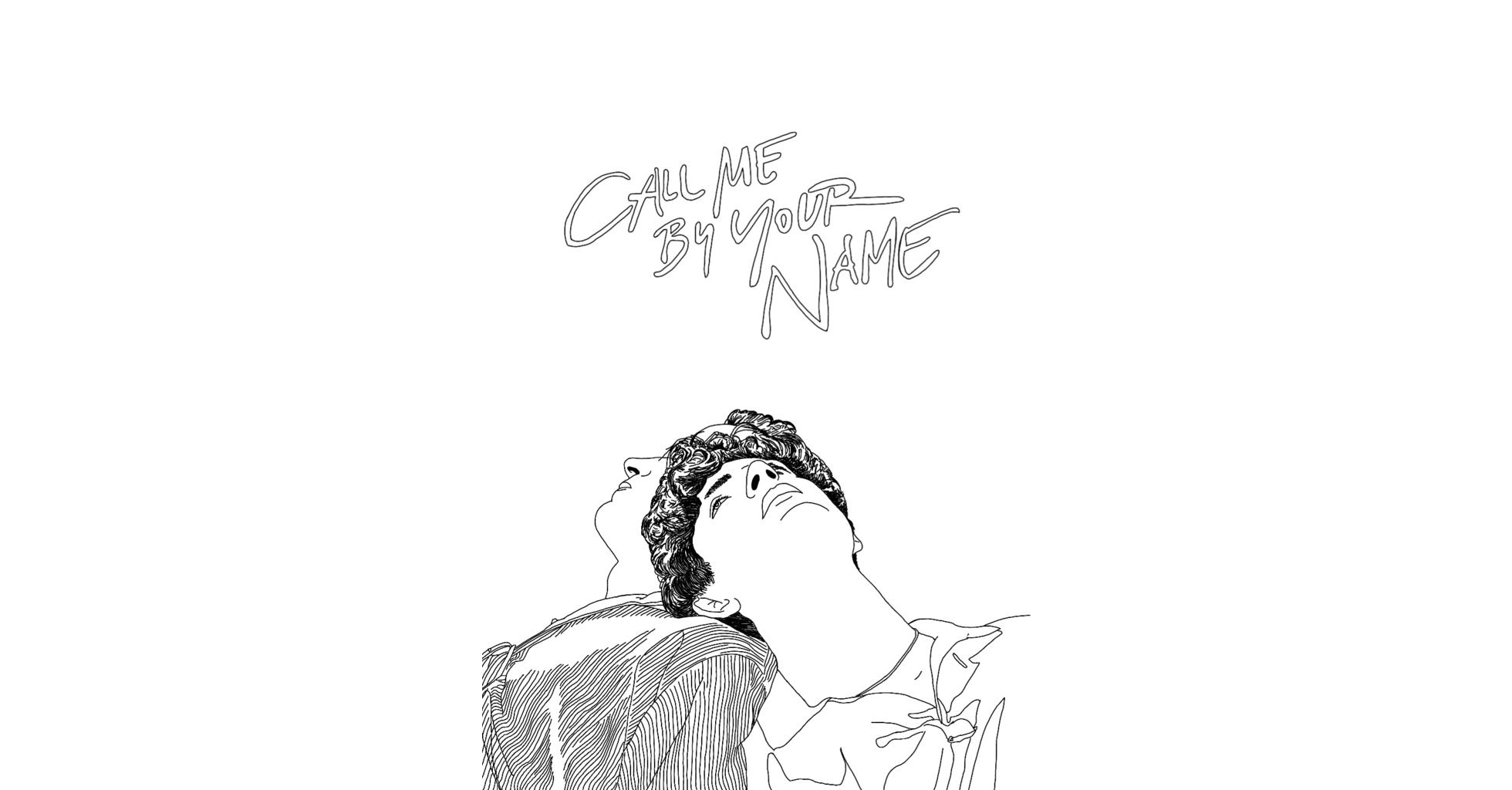
When LGBTQ+ sexuality is portrayed in Hollywood or television, it is usually portrayed in a way that feels … off. When it’s done right, it’s usually because someone from that community was part of production.
I’m not bi, but it seems to me bisexuality is almost never done justice on the screen.
In “Call Me By Your Name” Elio actively pursues both Oliver and Marzia, yet many critics considered the film to be a gay love story. In reality the film is a bi love story and most audiences dismiss Marzia’s romantic arc because Oliver’s was more emotional.
Bi erasure like this can lead people into believing that bi people are torn between potential lovers, on a pathway from straight to gay, or an evil villain with overwhelming attractions, like Lady Gaga in “American Horror Story.”
It was incredible to see Lady Gaga own her sexuality in style. Gaga is the first bi icon I grew up knowing about and I believe she can do no wrong, but the show made her bisexuality seem like it was inherited from vampires.
However, bi people aren’t just in the media and this campus is full of people who identify as bisexual. I took note from Blur’s bisexual anthem “Girls and Boys,” and I asked some boy and girl Loggers about being bi. They asked to keep their anonymity because they did not want to speak for a community full of multiple perspectives.
“I didn’t know that I make up the biggest part of the LGBT+ community,” one person said. “I feel that there is solidarity among bi people but mostly because of in-group empathy, like, ‘Oh that’s cool, I’m bi too; we have something in common.’”
A female Logger told me, “I think being bi ranges so much and means so many different things for people that … I have a hard time feeling a part of the LGBT community. I feel like the only way I could is if I was dating a girl, otherwise there’s no tangible evidence.”
I talked to someone else about what being bi looks like. “Being bi looks really different for different people. Some people are emotionally and sexually attracted to men and women, whereas some people are only physically attracted to people of their same gender, without emotional attraction,” they said.
This person elaborated by saying, “All of these attractions are totally valid, yet they can cause discrepancy as some people feel that it is not ‘genuinely’ bisexual if it’s only physical attraction. This view perpetuates bi erasure.”
I asked what bi erasure was. “Usually, bi erasure stems from the idea that bisexual people are just transitioning into full homosexuality. That’s definitely a valid experience, but it’s not always the case,” they said.
Another person said, “Bi erasure stems from something like this: imagine you’re at a party, and you see two straight girls making out. This makes bi people feel less validated, because suddenly their sexual identity is made into a fun thing for people to try out.”
However, they added, “Do what you want, with everyone you want, who also wants to do it with you. We should not shun nor prevent exploration!”
I thought this idea of proving “genuine bisexuality” was a really specific struggle bi people go through, so I asked about the bi coming out experience.
Someone said, “I have never had a problem sharing my sexuality with my friends and have always considered myself bi. But for some reason it’s hard for me to admit it to people I’m attracted to (both men and women).
“I don’t remember when I started thinking about my sexuality. I frankly wasn’t into anyone till I was a sophomore in high school, but found both men and women beautiful before then. So I always assumed I could be into either,” they continued.
Someone else said, “Coming out as bisexual/pansexual feels less intimidating for me because family and friends think, ‘Oh, but you still have some straightness in you.’ Weird, right? Like they want you to compensate for your non-straight attractions by latching on to some filament of heterosexuality.”
They went on to say, “Another way that bi erasure comes into play is when bisexual people enter heterosexual relationships. Like, no, they didn’t opt in for one side. Their bisexuality still exists, even if it’s not visible.”
I asked another person if they feel like they are in a heterosexual relationship when with someone of the opposite gender. “To me, heterosexual relationships fall under a lot of gender stereotypes. Usually I can connect with people through subjects/things that are pretty neutral in terms of who participates in it. I feel really good with someone when it feels mutual,” they responded.
Another person said, “I just consider my relationships to be relationships, not necessarily ‘heterosexual relationships,’ because, like, I’m still sneaking some gay into the mix.”
I think Puget Sound does a good job of validating gay men, but I wondered if Puget Sound should try harder to validate bi people.
“Puget Sound can validate my experiences by publishing them, like this, and also by avoiding bi erasure. It’d be cool to have an on-campus lecture or something,” one person said.
According to a 2011 Williams Institute study quoted in a Movement Advancement Project report, bi people make up 52 percent of the LGBT+ population. The same report stated that bi people are also six times more likely to hide their orientation than lesbians or gay men. Even if the bi community is perceived to be small, their unique experiences and struggles should not be overlooked. In fact, we should all celebrate the bi community for being brave and for being themselves.

